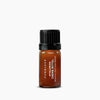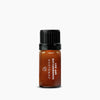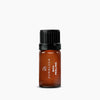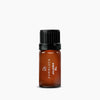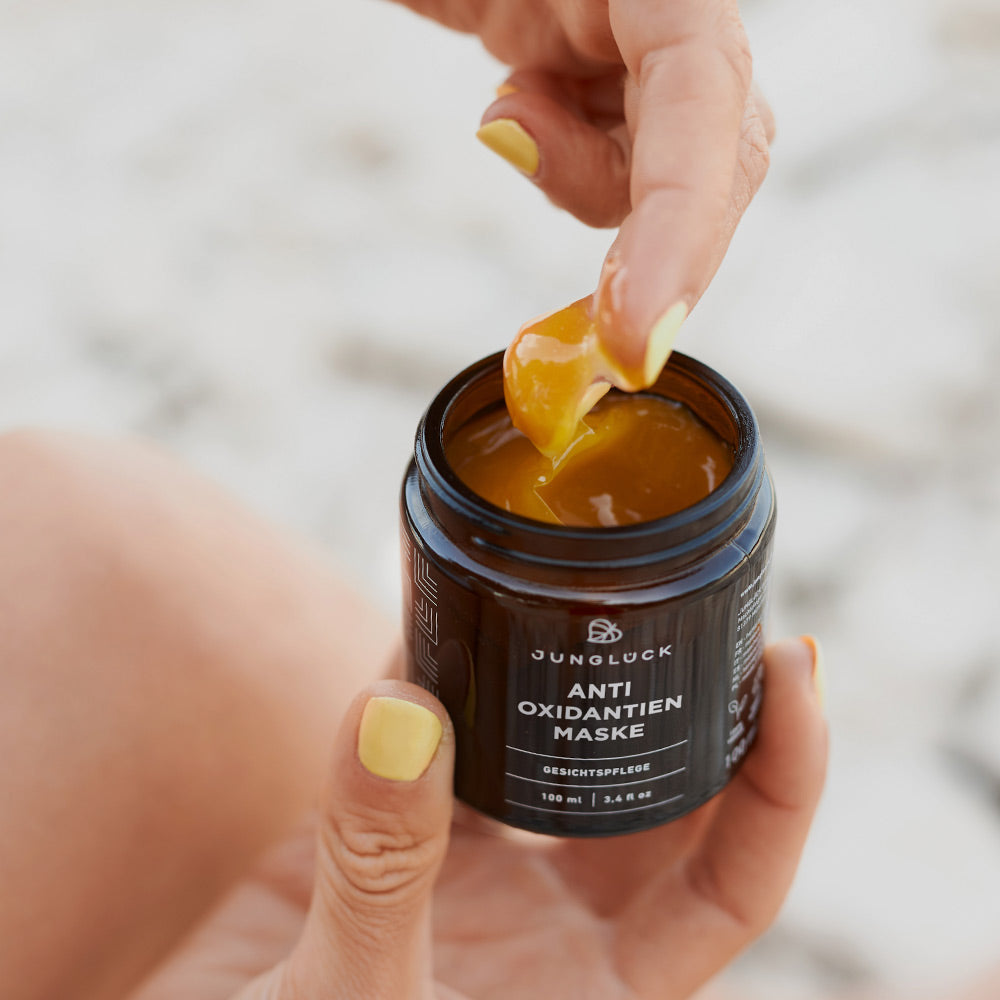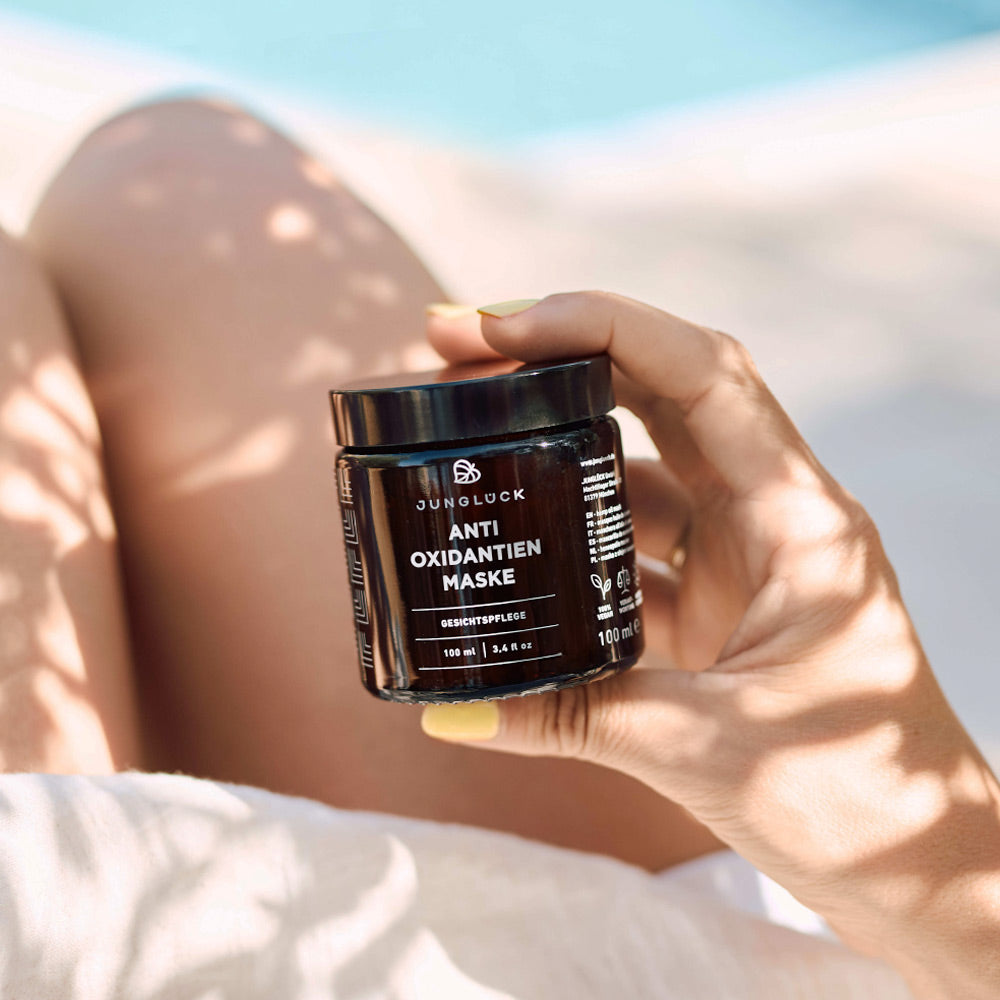
March 17, 2022
Tocopherol: Vitamin E for radiant skin
by Mara Hageneier
Our superhero vitamin, vitamin E, has become an integral part of the list of the most valuable Actives . That's why we're focusing all our attention on our personal cell protection vitamin today. In the next few lines, you will find out how it unleashes its particularly antioxidant effect, in which products you can find it and how best to use it.
- What is vitamin E?
- The effect of tocopherol: What does vitamin E do for your skin?
- What effect does vitamin E have on the skin?
- Vitamin E for the Skincare
- Moisture & resistance - vitamin E for dry skin
- Freshness & vitality - vitamin E for radiant skin
- Vitamin E in skin care: effects at a glance
- Creams, serums & co: JUNGLÜCK Products with vitamin E
- Our power antioxidant in fast-forward

1 What is vitamin E?
The term vitamin E stands for a whole family of similar compounds, the so-called tocopherols and tocotrienols. The best-known and best-researched representative of vitamin E is alpha-tocopherol. Plants produce vitamin E to protect against free radicals. Vitamin E is preferentially deposited in those structures that are particularly sensitive to harmful environmental influences. As unsaturated fatty acids in particular are often stressed by free radicals, vitamin E is found particularly frequently in fat-rich plants such as seeds, nuts and leafy vegetables as well as plant-based oils.
2 The effect of tocopherol: What does vitamin E do for your skin?
Vitamin E and its relatives all have an antioxidant effect, which means that they defuse aggressive compounds (free radicals) before they can cause cell damage. The cell can easily cope with a few. However, if it is constantly exposed to free radicals, it can no longer perform its functions. The more cells work incorrectly or even die, the more likely it is that a regular cycle of weakened skin metabolic processes will be set in motion. If our outermost barrier layer is damaged, our skin's moisture balance begins to falter. Our skin dries out, becomes more sensitive to harmful intruders and manifests itself with itching and burning. If the deeper layers of the skin are no longer sufficiently supplied with moisture and nutrients, cell renewal and regeneration of the skin can no longer take place effectively. As a result, our skin's protective barrier loses its elasticity, resilience and resistance. This results in noticeable and visible skin symptoms.
It's high time to take appropriate countermeasures and prepare the body for this, and not just internally!

3. what effect does vitamin E have on the skin?
Vitamin E plays an indispensable role in protecting your body from external influences. An increased supply of vitamin E is therefore very useful for both cosmetic and dermatological purposes.
As vitamin E is fat-soluble, it can easily penetrate the cornea in large quantities and be stored there. A high vitamin E content ensures a protective and antioxidative strengthened skin barrier. By supporting the barrier function, the skin is protected from external irritants. The skin layers are supplied with sufficient moisture and the cells are nourished with essential nutrients. The best conditions for new cell formation and collagen production in the skin!
4. vitamin E for the Skincare
As much as we like to smile at the sun and our fellow human beings, our face attracts unwanted troublemakers. Studies show that the consumption of vitamin E in the uppermost layer of the epidermis is measurably increased by UV rays. No wonder our facial skin absolutely needs additional protection. Fortunately, the top layer of skin on our face stores up to four times more vitamin E than the layer on our upper arm, for example. If our body is already telling us so clearly what it needs, we shouldn't miss a chance to replenish its stores properly. Scientists have discovered that vitamin E applied topically significantly reduces UV-induced damage to the skin. This is an effect that cannot be achieved by snacking on nuts and seeds alone. As a fat-soluble vitamin, it is absorbed directly through the epidermis, our uppermost skin layer, and through the hair follicle apparatus into the deeper layers of the skin and unfolds its effect directly on site. So if you really listen to your body and respond to its wishes, you can look forward to a healthy and happy complexion.


5. moisture & resistance - vitamin E for dry skin
Vitamin E has a special effect on the horny layer of the skin. A strengthened skin barrier prevents excessive moisture loss and ensures that moisture is retained in the skin in the long term. However, if the cells of the horny layer are damaged by free radicals and not sufficiently replaced by new cells, the skin cells can no longer be held together effectively. This results in cracked and rough areas. These small gaps make the skin more sensitive to external influences and disrupt the moisture balance. A repetitive cycle that can be stopped by strengthening the skin's protective barrier antioxidative . The incorporation of vitamin E into our cell membrane stabilizes it. Together with its occlusive effect, vitamin E is particularly suitable for the care of dry skin.
6. freshness & vitality - vitamin E for radiant skin
That's quite an achievement, but it's by no means everything. A strengthened skin barrier manifests itself with elasticity and resilience, which prevents unevenness in the first place. If our hard-working cell machinery in the lower skin tissue is supplied with sufficient moisture and nutrients at the same time, this actively promotes the formation of new cells and collagen-producing cells are actively supported. The regenerative effect of vitamin E stimulates wound healing and strengthens the skin's weakened metabolic process.
Companion in the sunshine - vitamin E at sun screen
Although vitamin E is not a common sun screen , studies show that applying the vitamin to our skin strengthens existing protection. Vitamin E unfolds its special effect of reducing UV-induced skin damage through its property as an antioxidant. Sensitive skin cell structures are stabilized and inflammatory reactions are kept in check.
7 Vitamin E in skin care: an overview of its effects
- Powerful antioxidant against free radicals
- Protective and healing properties
- Soothing effect for inflamed and sensitive skin
- hydrating for dry skin
- Stimulates the formation of new skin cells and cell regeneration
- Reinforces the sun screen
- Provides a more radiant and plumper complexion
Protection for the skin and durability of the product: win-win!
It is not only the skin that expresses its discomfort towards free radicals with noticeable and visible consequences. UV radiation, microorganisms and environmental pollution also affect our skincare products. Cosmetic ingredients are just as sensitive as our skin and their effectiveness can be impaired. Vitamin E proves its qualities in the product itself by rendering free radicals harmless. This preserves its longevity and effectiveness without having to resort to additional additives.
8. creams, serums & co: JUNGLÜCK Products with vitamin E



